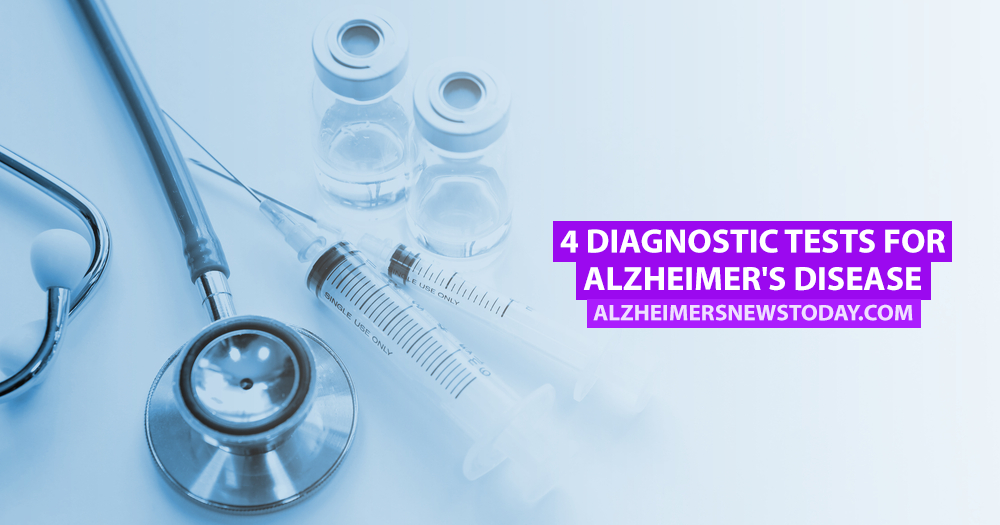4 Diagnostic Tests for Alzheimer’s Disease
Written by |

There isn’t one particular test that a person can take to determine whether or not they have Alzheimer’s disease. Doctors need to assess the patient both physically and mentally to arrive at a correct diagnosis.
According to the Fisher Center for Alzheimer’s Research Foundation, these are the four tools used to diagnose Alzheimer’s disease:
Medical History
The doctor will need to take a detailed medical history. They will likely ask about daily activities that the patient’s been having difficulties with, along with a detailed list of any medications they take, and other health conditions they are being treated for. They may also want to see another member of the family who can answer questions on their behalf about any changes in their personality or abilities. They will also ask if Alzheimer’s or dementia runs in the family.
Physical Exam
A physical exam will be needed to rule out other health problems by assessing the patient’s eyesight, hearing, heart rate, and blood pressure. The patient will be asked about their diet and lifestyle, including whether or not they smoke and drink. The doctor may also take blood and urine samples to be sent off for analysis to check glucose levels, liver and thyroid function, and blood count.
MORE: Cognitive tests could help diagnose Alzheimer’s disease before symptoms appear.
Neuropsychological Tests
Neuropsychological tests will help the doctor to determine if dementia or Alzheimer’s is a possibility. These will consist of a range of cognitive tests designed to assess the patient’s motor coordination, problem-solving skills, short-term memory, abstract thinking and ability to do simple calculations. A mini-metal state exam (MMSE) is usually carried out where the doctor will ask the patient to perform a number of simple mental tasks such as counting backwards, relaying the date and where they are, or asking them to draw a simple picture.
Brain Imaging Scan
If the doctor thinks that the problem could be neurological they will then send the patient off to have brain imaging scans — MRI and CT scans can be used to see if there is any brain damage that could be caused by a tumor or blood clot. A PET scan can look at areas of the brain and see how active they are.
MORE: Six future tests that could help diagnose Alzheimer’s disease earlier.
Alzheimer’s News Today is strictly a news and information website about the disease. It does not provide medical advice, diagnosis or treatment. This content is not intended to be a substitute for professional medical advice, diagnosis, or treatment. Always seek the advice of your physician or another qualified health provider with any questions you may have regarding a medical condition. Never disregard professional medical advice or delay in seeking it because of something you have read on this website.





